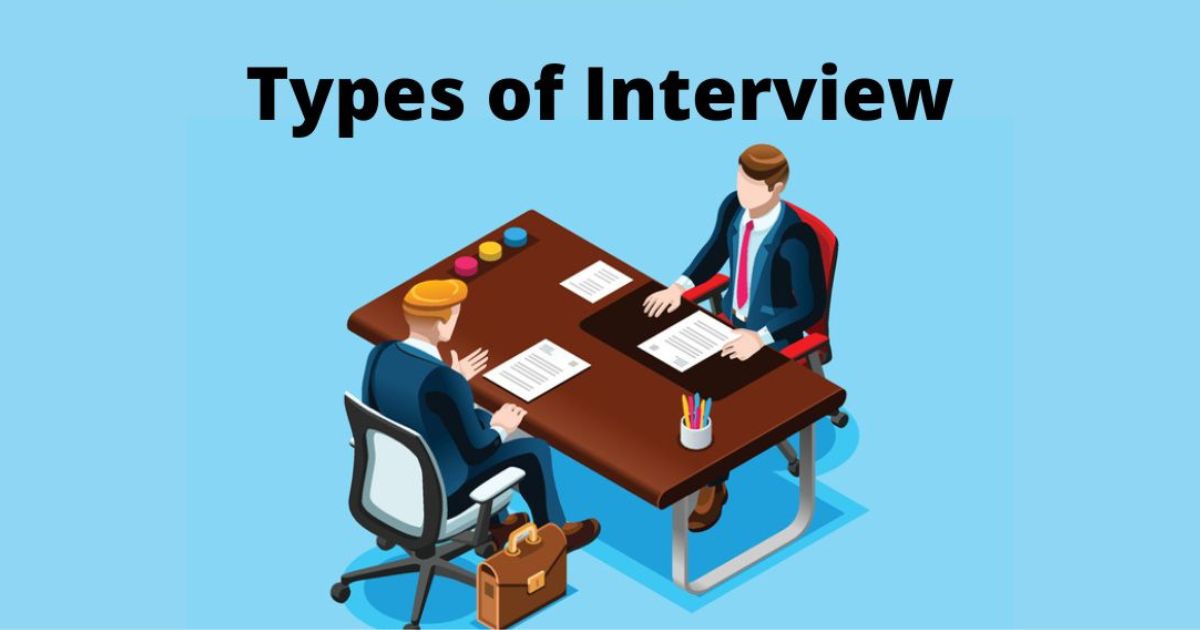Introduction:
In the dynamic landscape of job hunting, understanding the various interview rounds in a hiring process is crucial for success. Employers employ diverse strategies to assess candidates thoroughly, and each interview round serves a unique purpose. In this blog, we’ll explore the five different types of interview rounds commonly encountered during the hiring process.
Screening Interviews: The First Impression Matters
The initial contact between a candidate and a potential employer often involves a screening interview. This can be conducted over the phone or through video conferencing. The goal is to assess basic qualifications, skills, and cultural fit. Candidates should be prepared to succinctly showcase their qualifications and make a positive first impression.
Technical Interviews: Proving Your Skills
For roles that require specific technical expertise, a technical interview is commonly included. This round evaluates a candidate’s ability to apply their knowledge and skills to real-world scenarios. Expect problem-solving exercises, coding challenges, or hands-on tasks relevant to the job.
Behavioral Interviews: Uncovering Your Personality and Fit
Behavioral interviews focus on assessing how a candidate behaves in certain situations. Hiring managers are interested in understanding your past experiences and how you approach challenges. Be ready to share examples of your accomplishments, teamwork, and problem-solving skills. This round helps employers gauge cultural fit and how well you align with the company’s values.
Panel Interviews: Facing a Group of Decision-Makers
Panel interviews involve facing multiple interviewers simultaneously. This format allows different perspectives to be considered and speeds up the decision-making process. Candidates should maintain eye contact, address each interviewer, and adapt to various communication styles. It’s a test of your ability to handle pressure and engage with a diverse audience.
Final Interviews: Sealing the Deal
The final interview often involves meeting with top-level executives or key decision-makers. It’s the last step before an offer is extended. This round may focus on cultural alignment, long-term goals, and your potential contributions to the company. It’s a chance for both the candidate and the employer to ensure they are making the right match.

